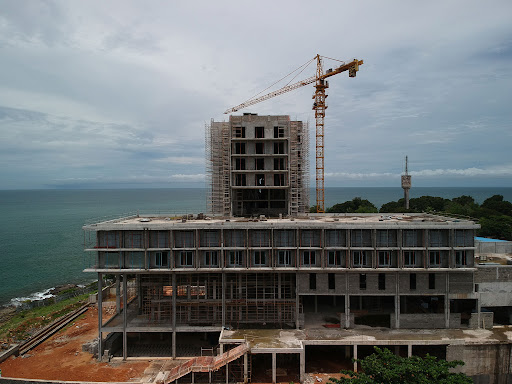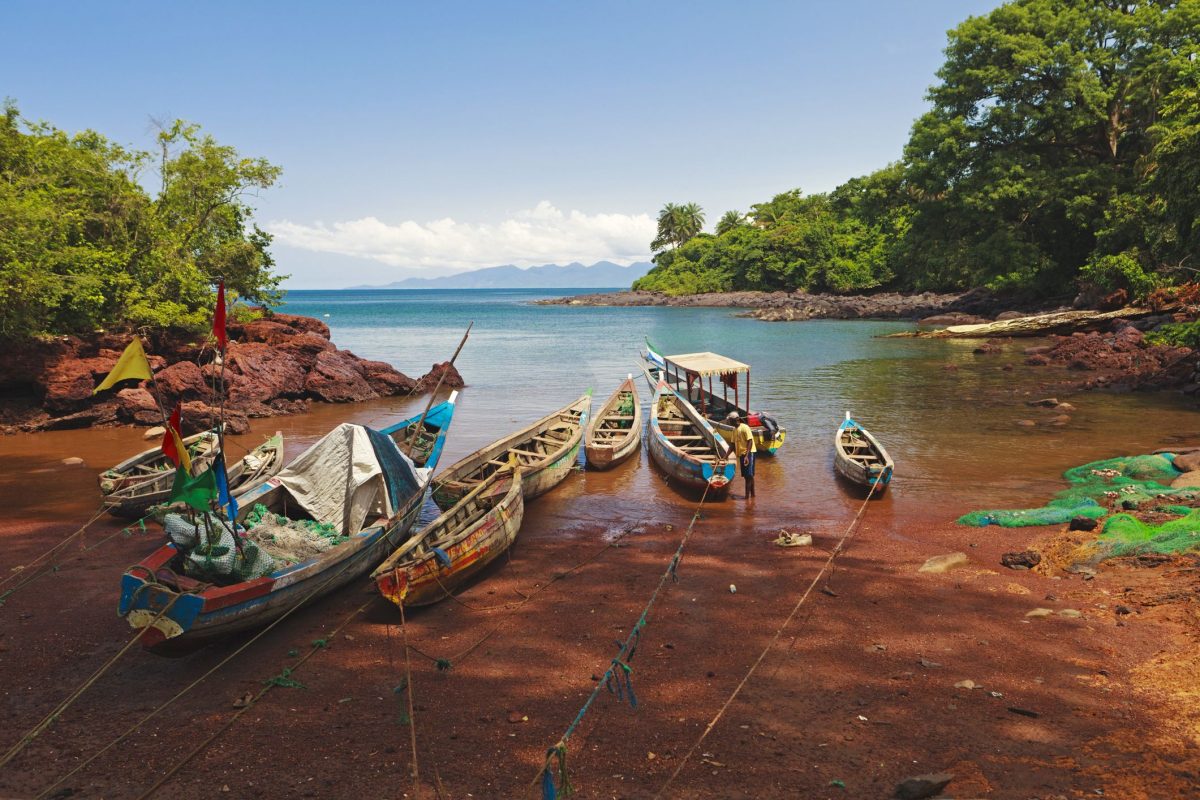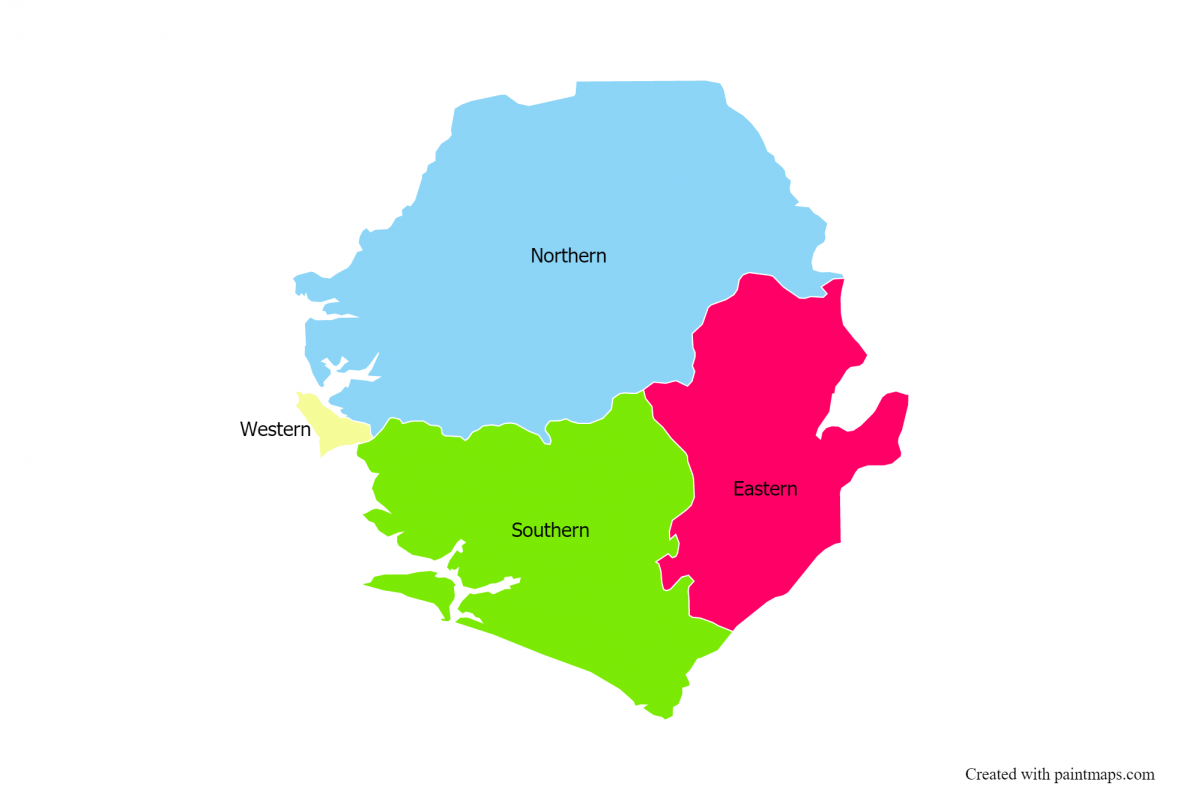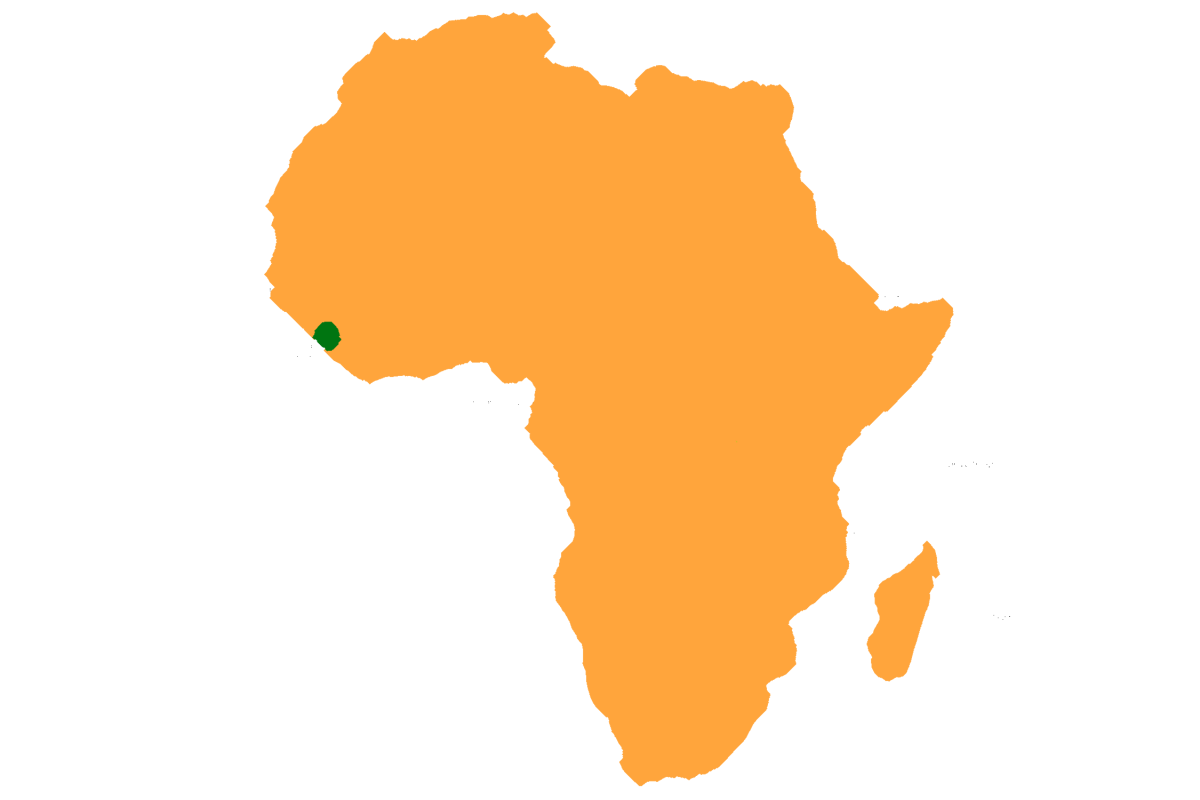CURRENCY
BUSINESS OPPORTUNITIES IN SIERRA LEONE
SIERRA LEONE




FLAG

SIERRA LEONE
CAPITAL CITY

FREETOWN

SIERRA LEONEAN LEONE
Language

Population

8.14 LAKHS
Country
Calling Code

+232
LOCATION:

WEST Africa
BORDER COUNTRIES:
GUINEA
LIBERIA
THE ATLANTIC OCEAN
Start Your Own Business in SIERRA LEONE.
Today I am going to show you, how to Start your own Business in SIERRA LEONE. (One Business Change Everything)
Here’s some advice for you today— WATCH MY VIDEO.
Act Now immediately.
That starts with you and your productivity 👇
✔️ Get a Super Business growth in Diamond Mining/ Industry.
✔️ Get a Super Business Growth in Gold, Iron & Bauxite Mining.
✔️ Hottest Opportunities in International Business.
✔️ Get Benefits of FDI Investment.
✔️ Start International Trading/ Export Base.
✔️ Start Manufacturing Unit without Competition.
✔️ Learn Unlimited Business Opportunity in Sierra Leone.
👉🏻Get a Super Business Growth with Opesh Singh.
visit- www.opeshsingh.com/OpeshStore.
#opesh singh #3bgrowthcon #megha nath #Sierra Leone #international hotels #foreign business ideas #foreign trade #start your business 2020 #success
#how to invest
GDP= $3.91 billion
GDP Growth= 3.7%
Ease of doing business rank= 163
GDP per Capita= $500
MOST RECENT VIDEOS
SIGN UP TODAY
Get our exclusive content and offers in your inbox










